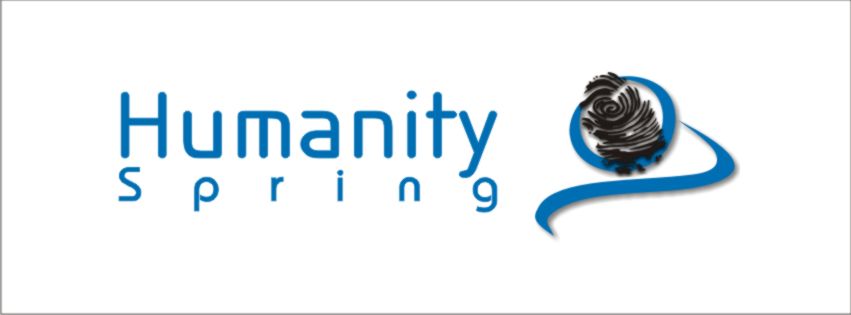
Today, many health challenges are the result of outright denials of access to health care or ignorance of basic rights by health givers and receivers with respect to access to medicines rather than the complete absence of medical care. Compared to the 16th century for instance, the average human today enjoys an extremely healthier life guaranteed by the arsenal of medical technologies at our disposal; all due to the expansion of knowledge and certain positive lifestyle changes that have permeated human culture over time.
For instance, the anesthetics of the past serve as only pain killers today. A simple shot of local anesthesia today has replaced the need for muscled nurses to pin down a patient for a tooth extraction. The famous surgical blades of surgeons are gradually taking their place in the museums of medical history; so also will primary devices like x-rays machines be completely replaced by even more luminous devices which hold powers that would have made clairvoyants of the Middle Ages seem to possess god-like qualities and made them revered and invincibly perceived by their societies.
Today, it is taking physicians less time to make a diagnosis than in the past. With a single drop of blood, malaria and several other viral diseases can be diagnosed in less than 10 minutes. The cornucopia of medicine and health has definitely been cracked in our era. But just like a genie summoned from Aesculapius’s rod, we are perplexed with what to do with these new powers that we have acquired in medicine. This is the case at hand, that medicine today has more power than it can possibly handle.
And since power has always tended to cluster around a few by the orchestration of invisible societal forces (probably due to the accrual of several forms of capital-social, economic or cultural), despite the enormous and laudable efforts being made in many democratic societies to diminish health inequality through the redistribution of power via innovative social programs or institutional protection (e.g. universal healthcare), the major determinant of well-being continues to remain wealth.
These humane attempts at balancing the access to health products and services for universal access is not an unusually conceived concept. It is an offshoot of the democratic organization of society. To put it simply; health democracy. Despite this, deficits invariably continue to exist particularly in emerging economies making their developmental journeys. The widely shared paradigm that democracy hinges on economic pillars alone clouds the need to bring to light health in democracy as its own entity. One could safely guess that lack of access to information is also responsible for these lacunas and disparities in accessing adequate healthcare services. The axiom that information is power applies to health and well-being as much as it does to governance and politics.
In many parts of the world, people remain clasped by a veil of ignorance stemming majorly from the complete unavailability of information or the generous presence of a pool of outdated and impotent information. This deprives them of the capacity to access the health information necessary for their well-being and to enjoy the gift of life to the maximum possible experience. Whether this polished ignorance is self-inflicted or as a result of deliberate deprivations from the top is not the point of this piece today. Evidence for this can be glaringly seen in the large stream of health “tourism” cascading from the global south to north with late stage presentation of diseases when nothing but hope from beeping machines can comfort patients till their last breath. If simple treatments such as Pre-exposure prophylaxis (PreP)- a simple pill which can be taken daily by HIV negative individuals to avoid contracting the transmission of this recalcitrant virus remains mysteriously out of the reach of those who need it most, we should question the manner in which health care is being managed in such societies. While we are quick to blame the authorities for these lapses, we seem to forget that democracy without the participation of its citizens is in fact not democracy. This shared responsibility needs to be expressed in health by all means.
In politically charged environments such as war torn zones, stress has driven men, women and even children to find refuge in the escapist reality that drugs offer. The “superfluous” addiction waves to opiates that have always been reported from Afghanistan for instance hardly flinches our nerves. The cause and effect of such phenomenon remains hidden behind the veil of collective ignorance or chosen silence of our social conscience to these precarious “coping” habits. Moreover, when persons in such societies using drugs seek help from health centers, they are welcomed to health facilities with medical supplies which are just one notch better than the contents of a first aid box. Harm reducing treatments continues to remain within the reach of only those who can afford it. There is a need for people everywhere to be aware of the repertoire of treatments that they can have access to and for feasible plans to be implemented to swiftly sustain the availability of medical supplies that would permit everyone to be the free and dignified humans that they are; rather than being held in captivity by ill health when there are solutions within arm’s reach. There is hope. The beautiful thing is that these solutions remain with us. I am sure that we can piggy back each other out of this cycle of mess if we wish to do so.
Edited by Alice Duquesnoy
